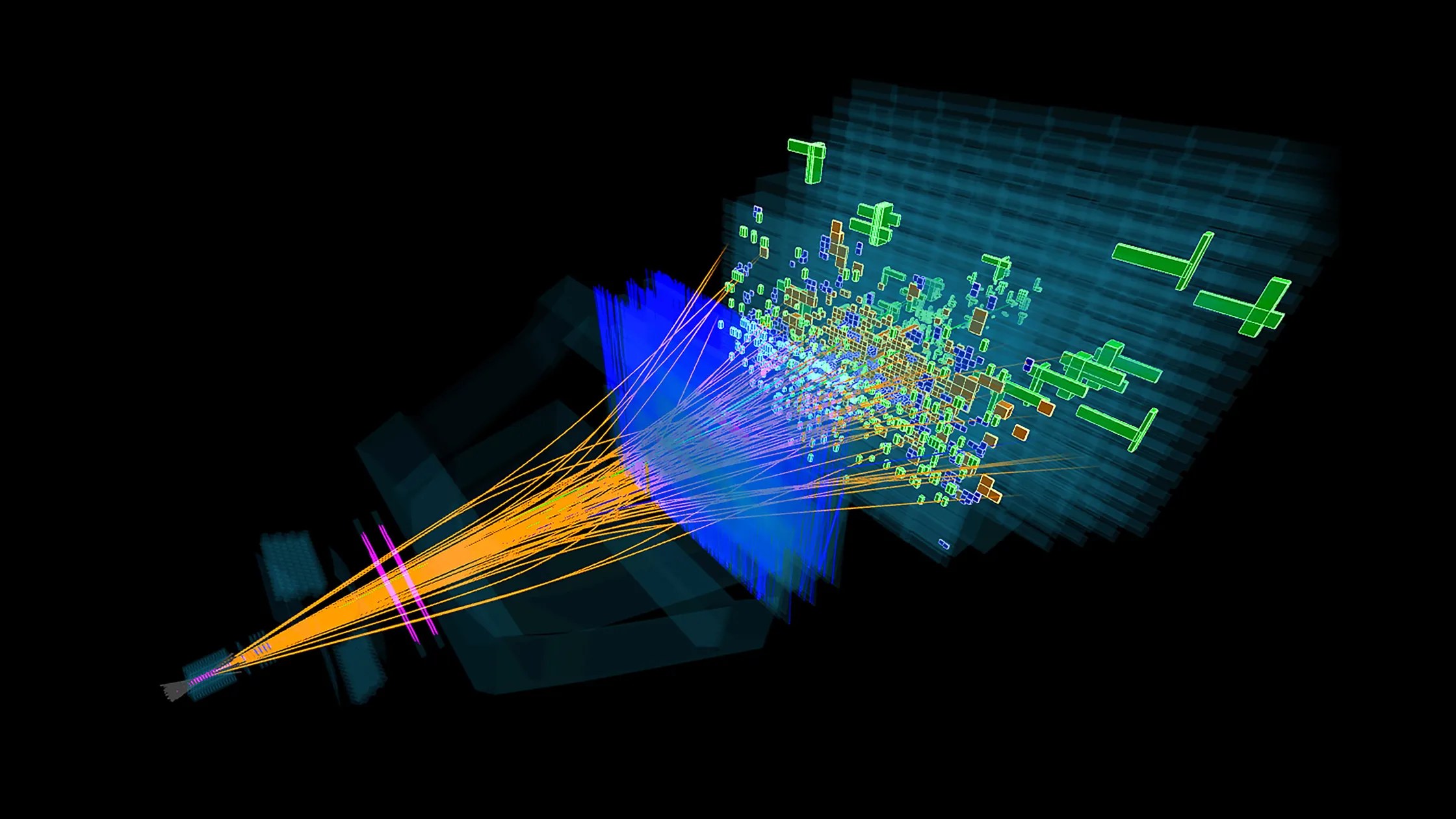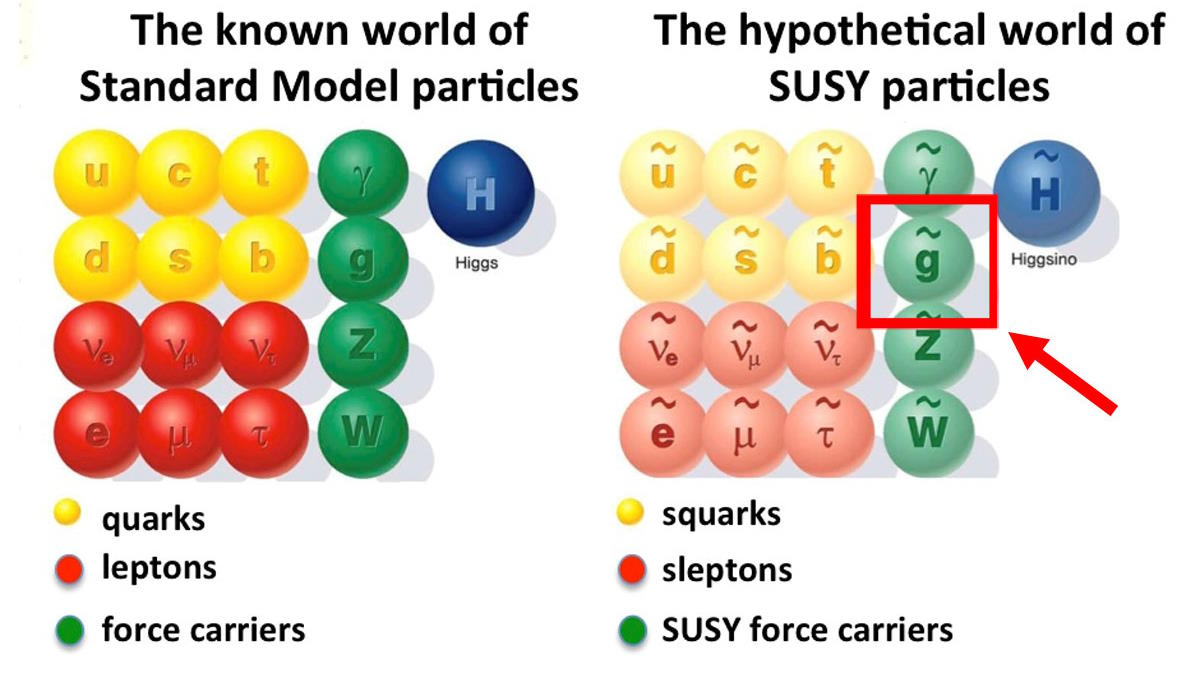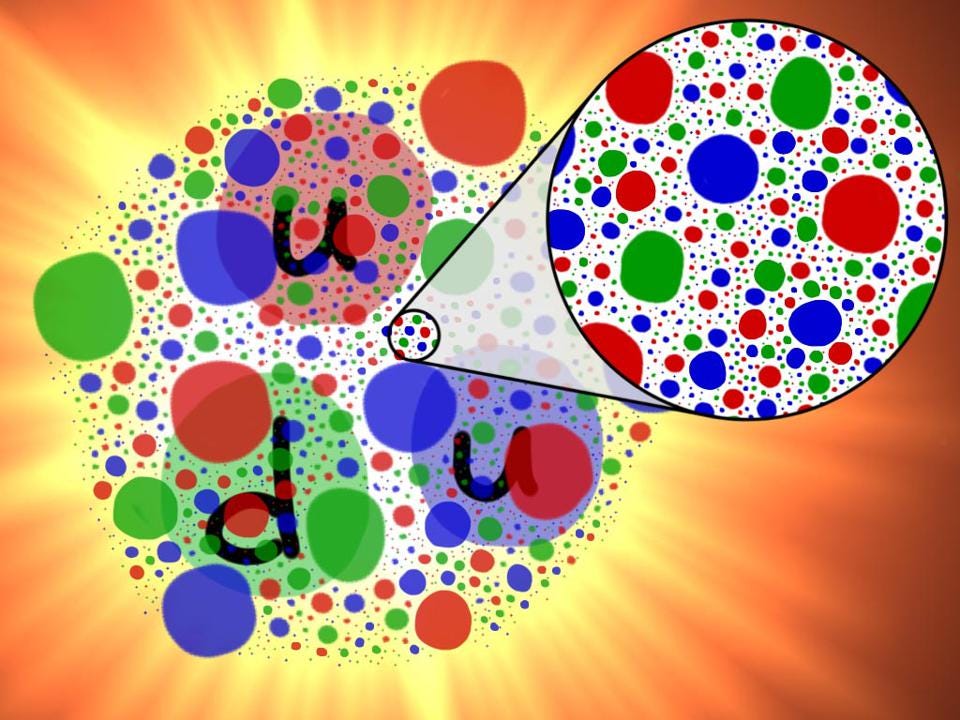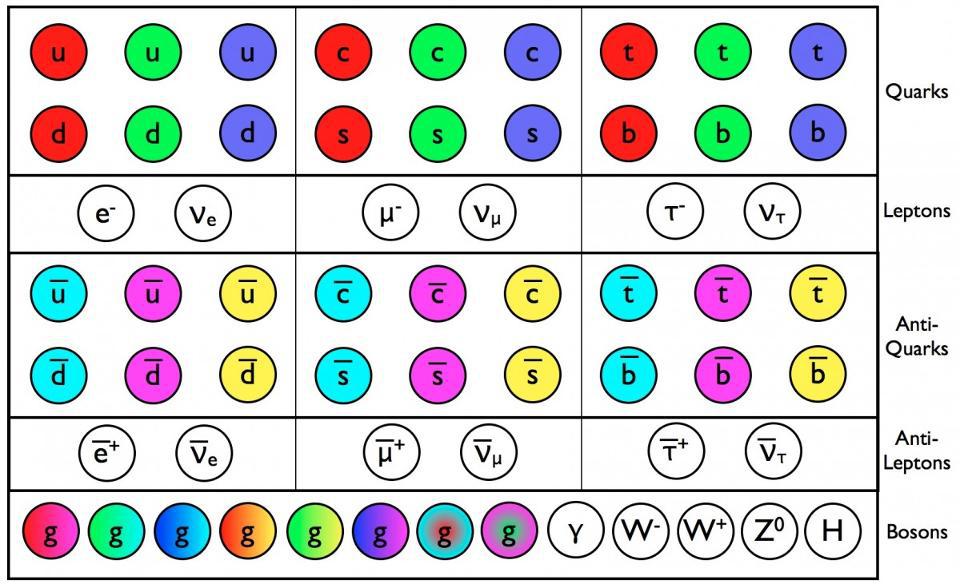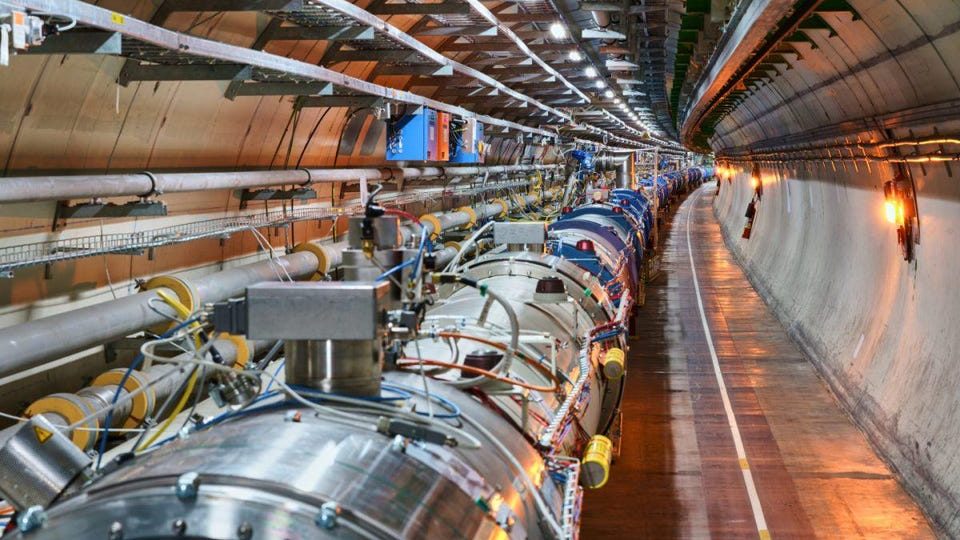Supersymmetry: Physics Could Get Weird After a Higgs Discovery
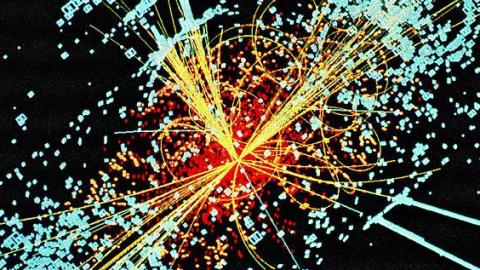
What’s the Latest Development?
As physicists await the Wednesday announcement from Europe’s CERN laboratory concerning the possible discovery of the Higgs particle, some are pondering what our vision of the Universe will look like if the Higgs is confirmed. Theoretical physicist Lawrence Krauss believes that even if the mass of the Higgs particle is discovered, important questions remain about the Standard Model, the framework that physicists use to describe the behavior of all known subatomic particles and fundamental forces. One lingering question is why the four known forces—gravity, electromagnetism, the weak force, and the strong force—have such differing values. One proposed solution is known as supersymmetry.
What’s the Big Idea?
Supersymmetry is popular because it prevents an apparent inconsistency from appearing in the weak force, namely that the constant jiggling of quantum particles should push the strength of the weak force away from its observed value. However, the Large Hadron Collider, which is working to discover the Higgs particle, has found no experimental evidence of the superpartner particles required by sypersymmetry. But if evidence for supersymmetry is not found, where does that leave particle physics? “We don’t know,” said Krauss. “The likelihood that we will build another large particle accelerator in our lifetime is not good. So, if this is it, then we’re in a real quandary.”
Photo credit: Shutterstock.com
